The Price You See Is Not Always the Price You Pay
For furniture importers buying in bulk for resale, profit margins can quickly vanish if hidden costs aren’t accounted for. Many B2B buyers focus on product price and freight, but overlook fees that arise before goods reach their warehouse, costs that can erase competitive pricing. As one of the experienced Indonesian furniture manufacturers, teak furniture factories, and Indonesian furniture suppliers, MPP Furniture collaborates with wholesalers, retailers, and project-based businesses worldwide. We’ve seen new importers face unexpected expenses that could have been avoided with the right preparation.
This article discusses why hidden costs can damage margins, the most common fees importers overlook, a real case study, practical steps to protect profits, and why partnering with MPP makes a difference. For more on related sourcing challenges, read Hidden Risks When Sourcing Outdoor Furniture.
Why Hidden Costs Can Ruin Your B2B Margins
In B2B importing, the total landed cost determines profitability. Extra fees like destination port charges, customs delays, or added inspections can increase your per-unit cost and disrupt resale pricing strategies. Some importers have seen hidden costs add 30–50% to their total. In extreme cases, they surpass the product’s value, leading to lost deals or forced price increases. Learn more about avoiding these issues in How to Buy Furniture from Indonesian Suppliers.
8 Common Hidden Costs in Indonesian Furniture Imports
1. Sample & Design Revision Fees
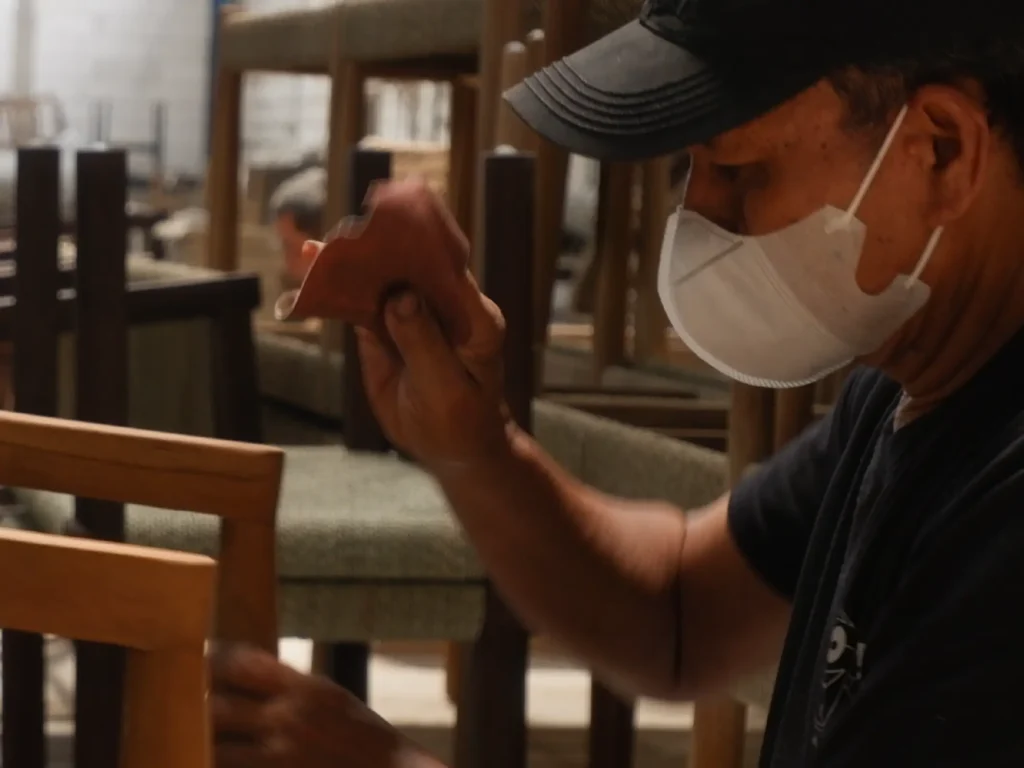
For many B2B buyers, requesting product samples, whether for teak garden furniture from Indonesia or Indonesian mahogany wood designs, is an essential step before placing a large order. However, some suppliers charge high fees for samples and even more if you request design revisions, and these costs are often non-refundable. Over time, especially when testing multiple items, these charges can significantly increase your sourcing budget. Even in some cases we’ve encountered, buyers reported that when the final order was confirmed, the Indonesian furniture manufacturers unexpectedly added sample fees to the invoice.
At MPP Furniture, we offer free new product development (terms and conditions apply) to support importers in expanding their catalogs without incurring additional design fees. This includes developing new styles based on your market trends, making reasonable design adjustments, and providing pre-production prototypes. Our approach ensures that you can test and refine products with minimal financial risk, giving you more room to invest in marketing and inventory.
2. LCL Fees and Consolidated Shipments
Less-than-container-load (LCL) shipping raises per-unit costs. This method is often used when buyers cannot fill a full container, but the downside is that you share space with other shippers, which increases handling and documentation expenses. Not all factories disclose these additional costs upfront, so it’s important to clarify early.
Consolidated Shipments: If your order is consolidated with goods from other suppliers to fill a container, there can be additional consolidation fees that not all suppliers disclose in advance. These fees cover sorting, handling, and combining shipments from multiple origins.
For example, combining teak outdoor furniture from Indonesia from one source and Indonesian teak patio furniture from another, there can be additional consolidation fees. These cover sorting, handling, and combining shipments from multiple origins. If suppliers are in different cities, trucking costs to the consolidator’s warehouse can also apply..
3. Additional Third-Party QC Inspection
While QC is essential for resale quality, unnecessary extra inspections waste money. MPP’s in-house QC reduces the need for excessive checks, but we still recommend using an independent third-party QC at key production stages. This ensures quality for high-demand categories like teak furniture in Indonesia and offers both supplier and buyer protection. Be cautious if a factory seems unwilling to accommodate third-party QC inspections; this can be a red flag trait of Indonesian furniture suppliers, as they might not be confident in their quality standards.
4. Documentation Delays & Extra Charges
Incorrect paperwork can lead to port storage fees and missed retail launch dates. For example, suppose the Bill of Lading is delayed and the container, which contains teak garden furniture, has already arrived at the destination port. In that case, buyers may face demurrage charges, which can quickly escalate the longer the container remains uncleared. MPP’s export team - One of the best Indonesian furniture manufacturers, with over 20 years of experience, ensures documents are accurate and sent on time to avoid these costly delays.
5. Container Stuffing & Handling Fees
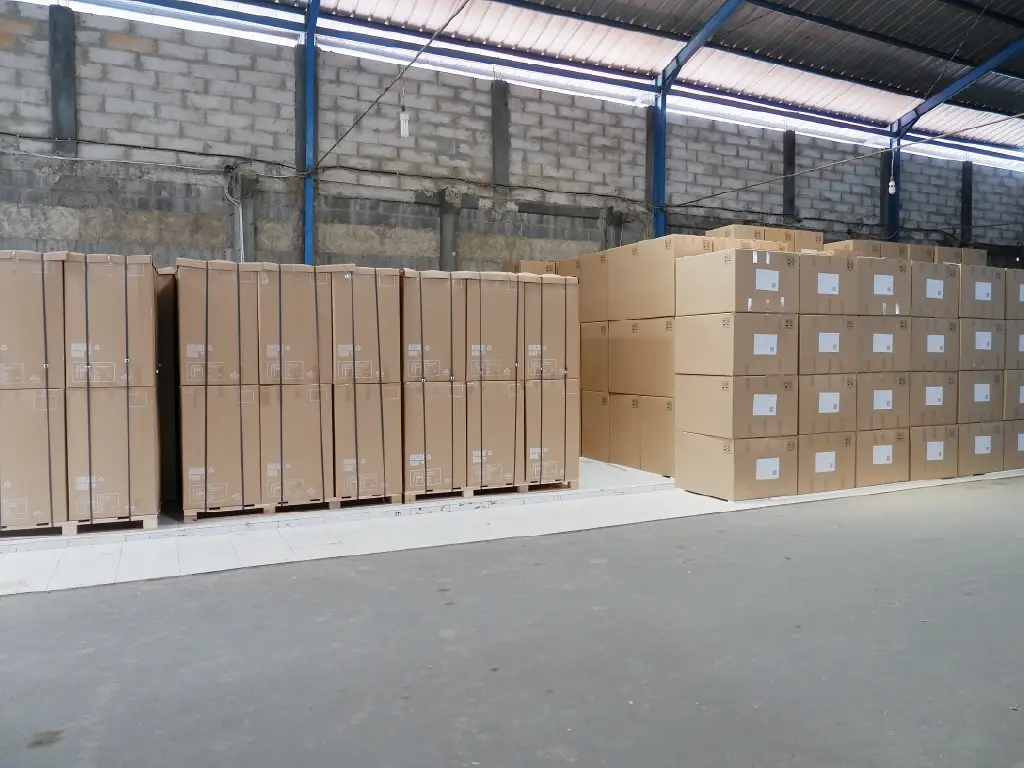
Importers often forget to budget for container loading, securing, transport from warehouse to port, and warehouse handling, all of which affect the landed cost per unit. These expenses are particularly relevant when working under EXW (Ex Works) terms, where the buyer bears all costs from the supplier’s warehouse onward.
At MPP Furniture, we operate using FOB (Free On Board) terms. This means the costs for container stuffing, container transport to the port of departure, securing, and fumigation are already included in our selling price. This approach gives buyers greater cost certainty from the start, reduces the risk of surprise charges, and simplifies overall budget planning.
6. Bank Transfer & Payment Processing Fees
Whether you’re importing mahogany wood furniture or outdoor teak furniture, multiple payments mean higher bank charges, which can eat into profit margins. In international trade, two common payment methods are T/T (Telegraphic Transfer) and L/C (Letter of Credit).
T/T is a direct bank transfer and is generally faster and less costly in terms of administrative fees, but it requires a higher level of trust between buyer and supplier.
L/C offers more security by involving banks in the transaction, ensuring that payment is made only when agreed conditions are met. However, L/C can incur higher bank charges, more paperwork, and longer processing times.
Many Indonesian furniture suppliers, like MPP Furniture, use T/T because it allows for quicker transactions, lower costs, and smoother cash flow for both parties. We typically work on a 30% deposit before production and a 70% balance after booked shipment, which balances risk while keeping bank fees manageable.
By planning fewer, larger transfers rather than multiple small payments, buyers can further reduce transaction costs and avoid unnecessary banking fees.
7. Fumigation & Pest Control Fees
Mandatory for wood and rattan products, fumigation and pest control are required to comply with international phytosanitary regulations such as ISPM 15 under the International Plant Protection Convention (IPPC). These standards ensure that wooden packaging and products are treated to prevent the spread of pests across borders.
Compliance with these regulations is essential; failure to meet them can result in goods being detained, returned, or destroyed at the destination port, causing significant delays and extra costs. Based on our experience, buyers working with MPP Furniture do not incur extra fumigation charges because our FOB price already includes fumigation as part of the export process. This includes heat treatment and certified pest control procedures, ensuring smooth customs clearance in markets such as the USA, EU, and Australia.
For additional scientific insight, studies such as Haack et al. (2014) in PLOS ONE highlight how untreated wood can introduce invasive species, reinforcing the importance of proper fumigation. Read the study here.
8. Unexpected Destination Charges
Destination charges can sometimes exceed the cost of ocean freight itself. These can include port handling, unloading, customs clearance, documentation fees, and delivery to your warehouse. If not budgeted for in advance, these expenses can erode profit margins significantly. Some of these charges are unavoidable, but understanding standard rates in your market and clarifying responsibilities with your freight forwarder or customs broker can prevent overpayment and last-minute surprises.
Case Study: When $170 Furniture Became a $2,049 Loss
A real example from this case study on buying furniture in Bali shows how quickly hidden costs can spiral. A buyer purchased $170 worth of furniture for resale, with $610 quoted shipping. Once the goods arrived, unexpected arrival fees, customs agent costs, taxes, and even storage fees inflated the total to $2,049, nearly 12 times the product value. For B2B importers, such surprises can completely wipe out profit margins and damage client trust. The key takeaway is to always demand a written, itemized breakdown of all costs from supplier to final delivery, including fees that may only arise at the destination port.
This case underlines why partnering with a transparent, experienced exporter like MPP Furniture can help prevent these situations, giving you clarity and confidence before you commit to an order. For strategies to avoid this, see How to Choose the Best Indonesian Furniture Manufacturers for Export.
Additional Tips for Importers
- Always request incoterm clarity from one of your Indonesian furniture suppliers.
- Use a trusted freight forwarder familiar with the Indonesian furniture export process.
- Consolidate orders where possible to reduce per-unit shipping costs.
- Keep communication records in writing for clarity.
- Factor destination charges into your landed cost before setting resale prices.
Why Choose MPP Furniture as your Indonesian Furniture Supplier
As your long-term strategic Indonesian Furniture Supplier partner, here's why buyers worldwide trust us
- Over 20 Years of Export Experience – Ensuring smooth transactions and accurate documentation.
- One-stop Sourcing – To minimize hidden costs for global buyers, we provide an extensive variety of products, from Indonesian teak garden furniture, Indonesian mahogany wood, indoor & outdoor furniture, and craft.
- Free New Product Development – Supporting catalog growth without extra design fees.
- In-House production – Reducing risks while welcoming third-party inspections.
- Global Client Base – Serving wholesalers, retailers, and project buyers worldwide.
Partnering with MPP means fewer surprises, clear costs, and higher confidence in your sourcing process. We specialize in products ranging from Indonesian teak garden furniture and teak outdoor furniture from Indonesia to Indonesian mahogany wood furniture.
Conclusion
Importing furniture from Indonesia can be profitable for B2B buyers, but only if you have full visibility on every cost from factory to warehouse. By working with an experienced, transparent Indonesian furniture supplier like MPP Furniture, you can minimize the risk of hidden costs. Whether you’re a wholesaler, retailer, or project-based buyer, our goal is to help you protect your margins, avoid unnecessary expenses, and source with confidence.
Your profit starts with the right supplier.
Let’s make sure you choose one that keeps your business secure and competitive.
📥 Download our full catalog, discuss the transparent cost, request sample development, and start your first order with us.
🤝Connect on MPP Furniture and Salman (Founder and Director) LinkedIn
💬 Contact us via WhatsApp to get the fastest response at 62-821-4630-5858
FAQ
What are the typical costs when importing furniture from Indonesia to the USA or Europe?
Costs vary by product type, volume, and incoterms, but you should factor in freight, customs duties, destination charges, and any local delivery fees.
Is it better to buy from furniture manufacturers in Indonesia directly or use a buying agent?
Direct sourcing from reputable manufacturers like MPP can save costs, but buying agents can offer convenience if you source from multiple suppliers.
How can I find reliable Indonesian furniture wholesale options?
Look for suppliers with proven export track records, third-party QC acceptance, and clear pricing.
Is Bali furniture wholesale a good option for B2B buyers?
It can be, but always clarify full costs upfront to avoid hidden charges.
What payment methods are safest when sourcing from Indonesia?
T/T is faster and cheaper, while L/C offers more security but with higher costs and complexity.

Hi, I’m Salman, founder of MPP Furniture, an Indonesian furniture manufacturer serving global retailers and project-based clients.
I began my career in my family’s export-oriented furniture company, gaining hands-on experience in production, construction, finishing, material performance, and product development. With a clear understanding of how international buyers evaluate furniture quality and reliability, I founded MPP Furniture to deliver export-ready products with consistent standards.
Here, I share insights from the perspective of a furniture manufacturer working directly with production teams on the factory floor, focusing on manufacturing and supplier evaluation.
Connect on LinkedIn
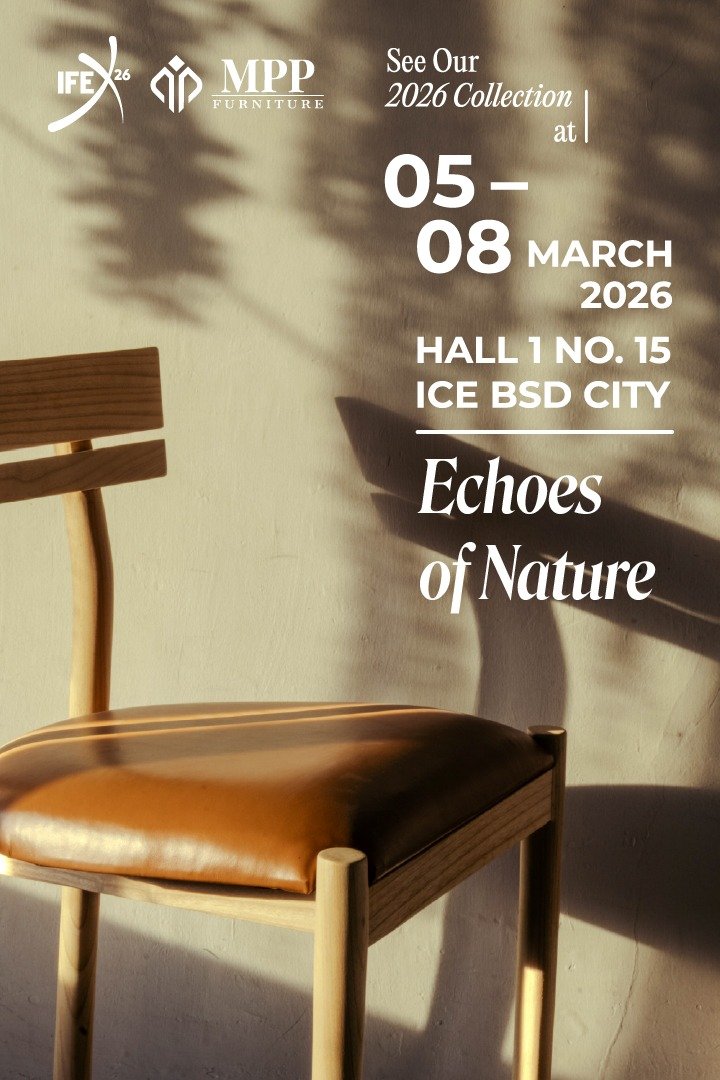
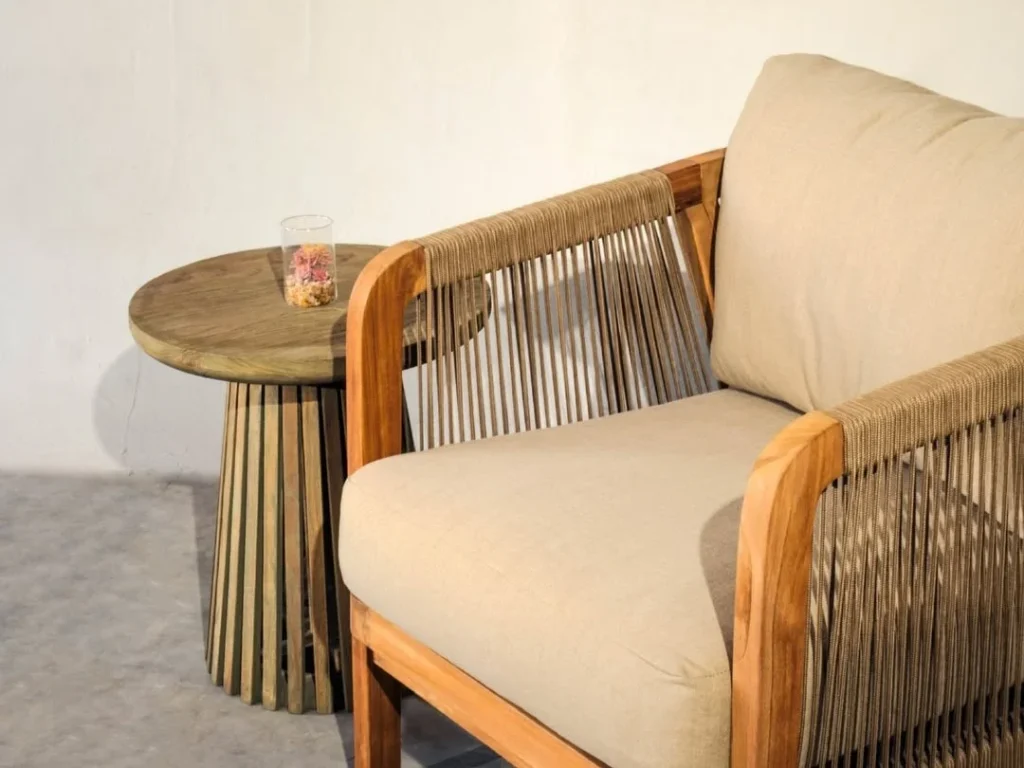
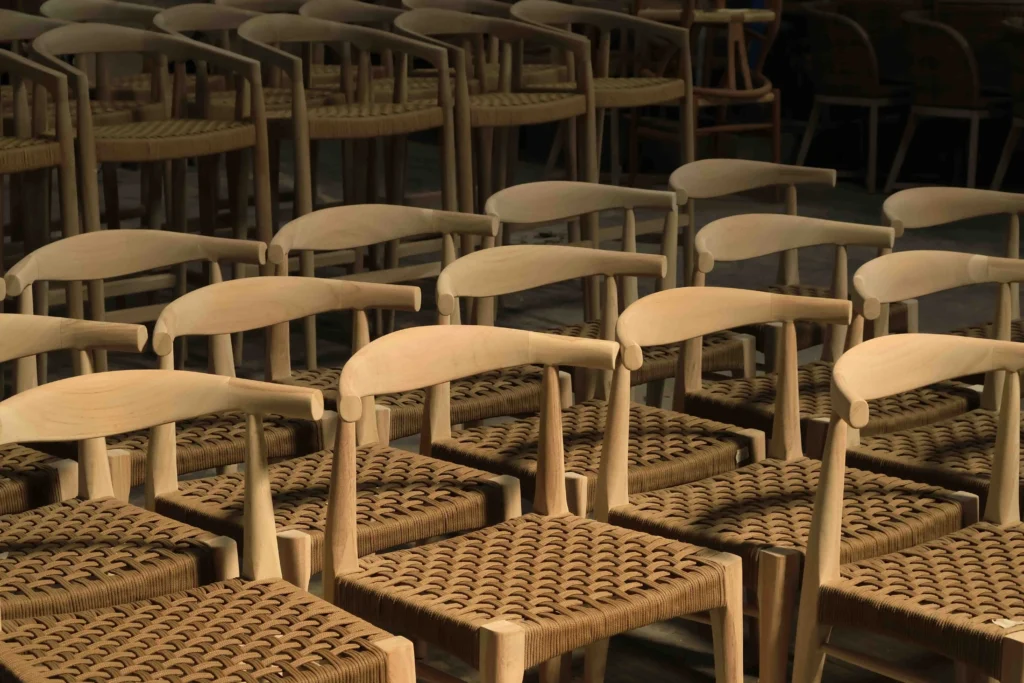
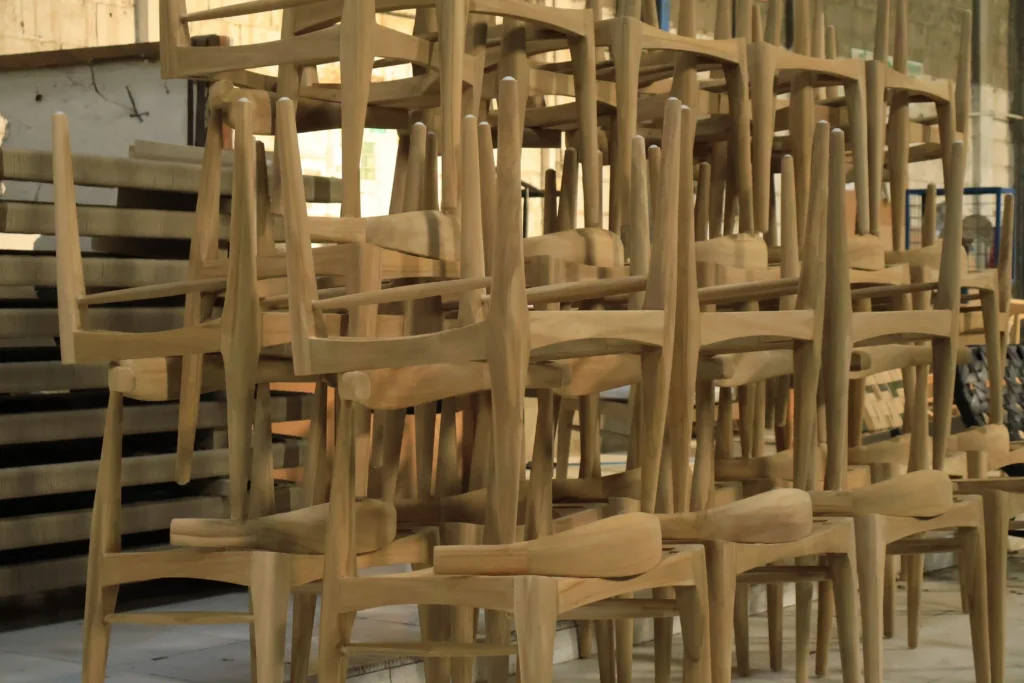
0 Comments